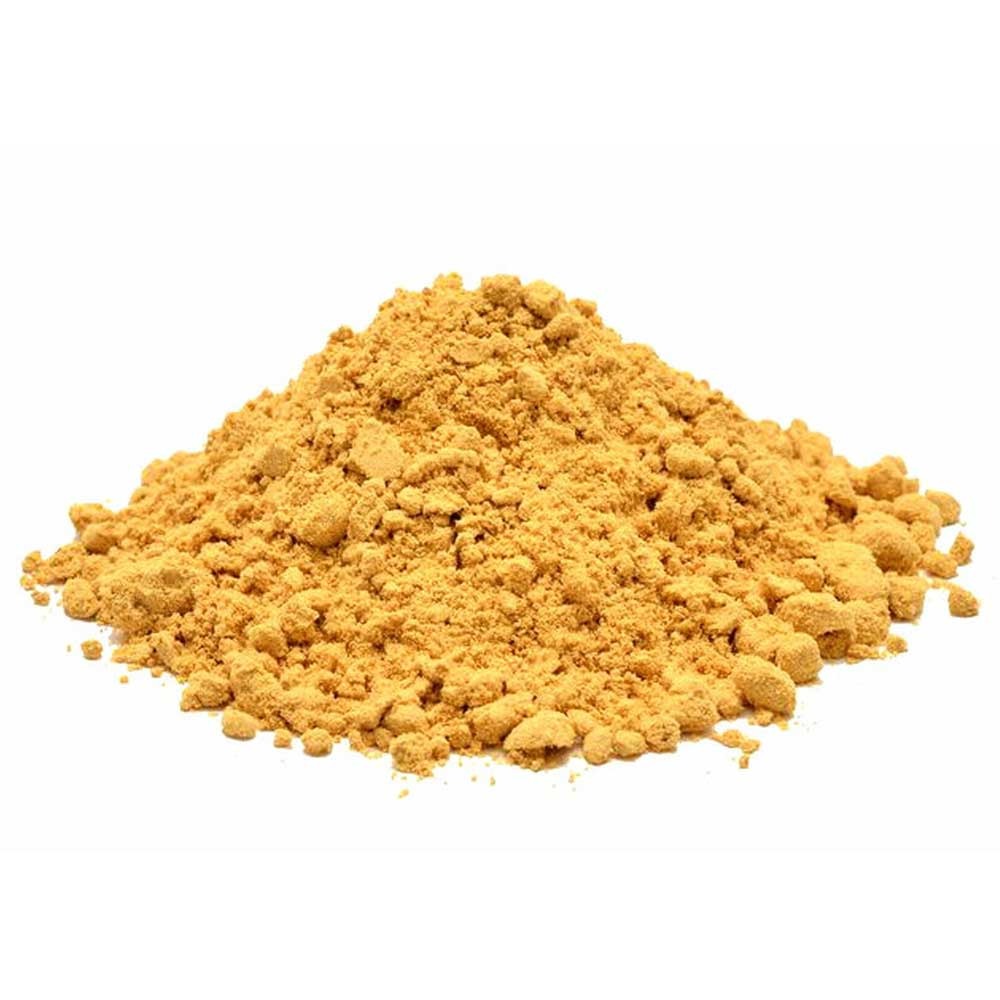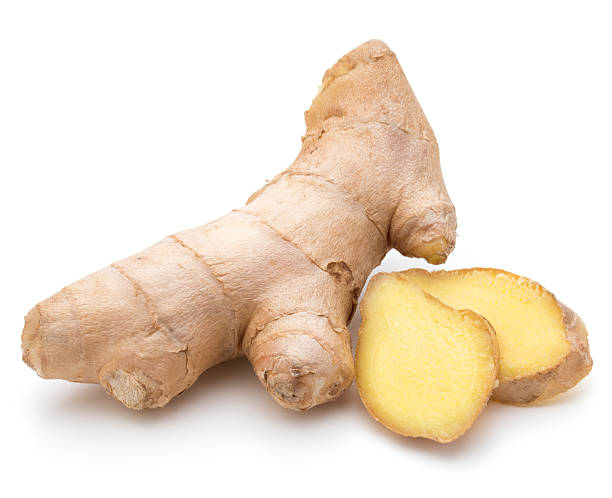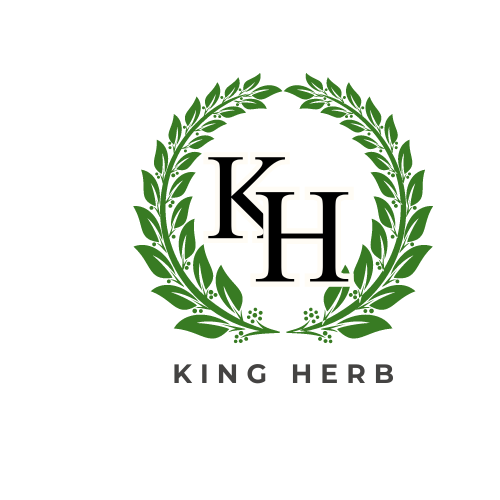الزنجبيل Ginger
Ginger is a root plant belonging to the Zingiberaceae family and is scientifically known as Zingiber officinale. Ginger is used in many cultures around the world as a spice and in traditional folk medicine to treat a variety of ailments and health conditions. Ginger is characterized by its hot, pungent flavor and whitish-yellow color on the inside, in addition to its numerous therapeutic properties, which have made it widely popular.
Benefits:
Anti-inflammatory: Ginger contains active compounds such as gingerol, which have anti-inflammatory properties, helping to reduce swelling and pain. Therefore, ginger is used to treat chronic inflammation such as arthritis and rheumatism.
Digestive Support: Ginger is one of the best natural remedies for digestive problems such as nausea, bloating, and indigestion. Ginger helps boost digestion by stimulating bowel movements and increasing the secretion of digestive juices. Therefore, it is recommended to consume it after heavy meals to improve digestion.
Preventing nausea and vomiting: Ginger is known to be effective in reducing nausea and vomiting, whether caused by pregnancy, chemotherapy, or food poisoning. Ginger can be consumed as a tea or supplement to relieve these symptoms.
Improving blood circulation: Ginger helps stimulate blood circulation by dilating blood vessels, which enhances blood flow and contributes to improved oxygen levels in the body. This can help prevent circulatory problems such as high blood pressure.
Fighting infection: Ginger has antibacterial and antiviral properties, making it effective in strengthening the immune system and fighting infectious diseases. Ginger is used to treat colds and flu and can be consumed as a warm tea with honey and lemon.
Antioxidant: Ginger contains many compounds that act as antioxidants, helping fight free radicals and protect cells from damage. This contributes to the prevention of chronic diseases such as heart disease and stroke.
Relieves muscle pain: Ginger can help reduce muscle pain and swelling caused by exercise or minor injuries. Some studies suggest that regular consumption of ginger may help reduce the severity of muscle pain.
Uses:
Ginger tea: Ginger tea is one of the most popular ways to consume ginger. It is prepared by boiling fresh ginger slices with water, and honey and lemon can be added to enhance the flavor.
Ground ginger: Dried and ground ginger is used as a spice in many foods, such as desserts, curries, and soups, and can be added to juices and drinks.
Ginger supplements: Ginger can be taken in the form of supplements containing ginger powder or ginger extract, a convenient way to reap its benefits.
Ginger essential oil: Ginger essential oil is used in aromatherapy and massage, as it is believed to help relieve stress and improve circulation.
Warnings and precautions:
Drug Interactions: Ginger can interact with certain medications, such as blood thinners or diabetes medications, which may lead to unwanted side effects. Therefore, it is recommended to consult a doctor before using it in large quantities or as a dietary supplement.
Side Effects: Although ginger is safe for most people when used in moderate amounts, some people may experience stomach irritation or heartburn when taking it in large amounts.
Export Details Worldwide:
Types: Coarse or ground
Weight: 20 or 25 kilograms
Container: 20-foot
Packaging: Automated
Packing: Bags or cartons
Origin: Egypt

Ground Ginger

